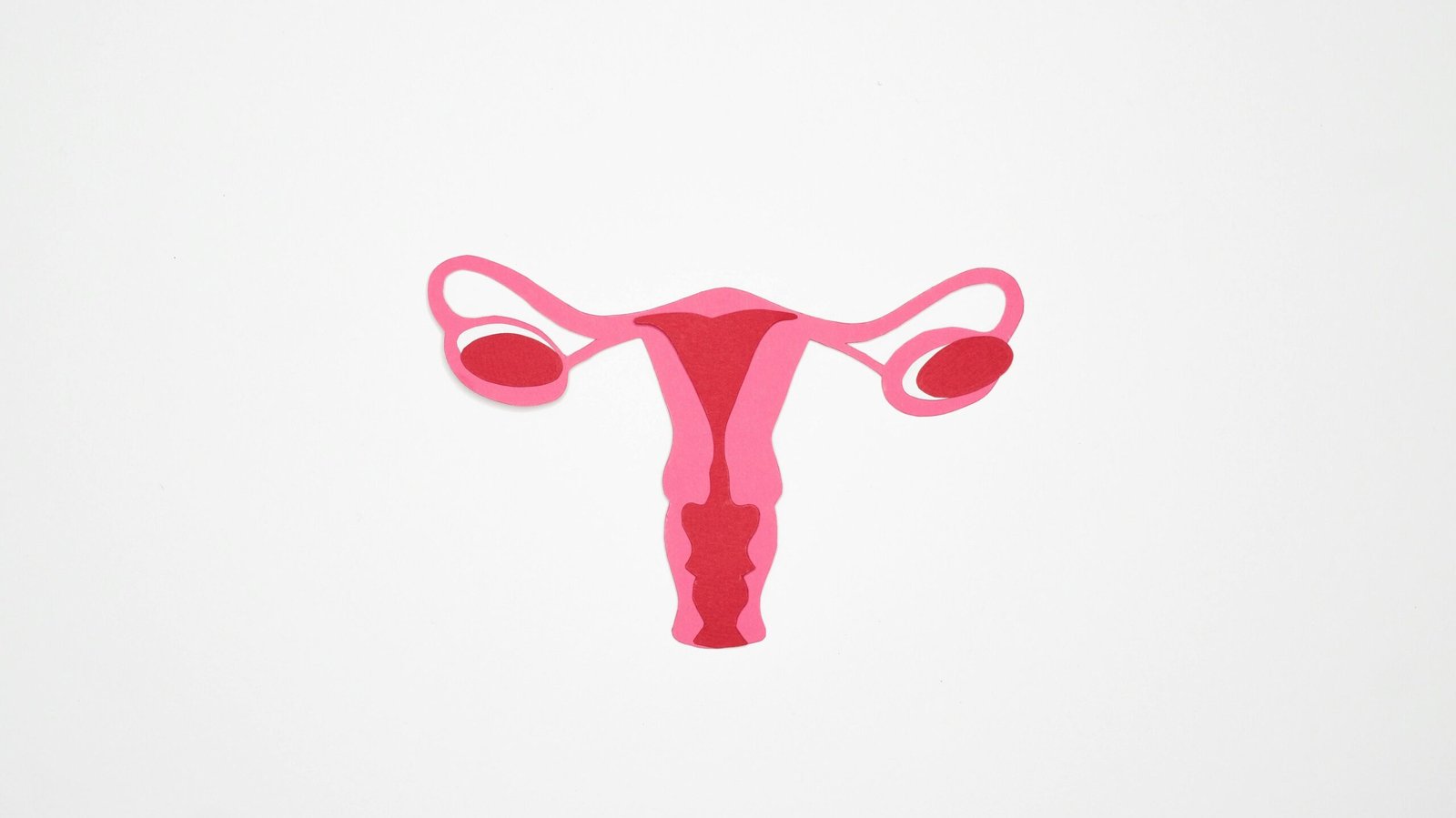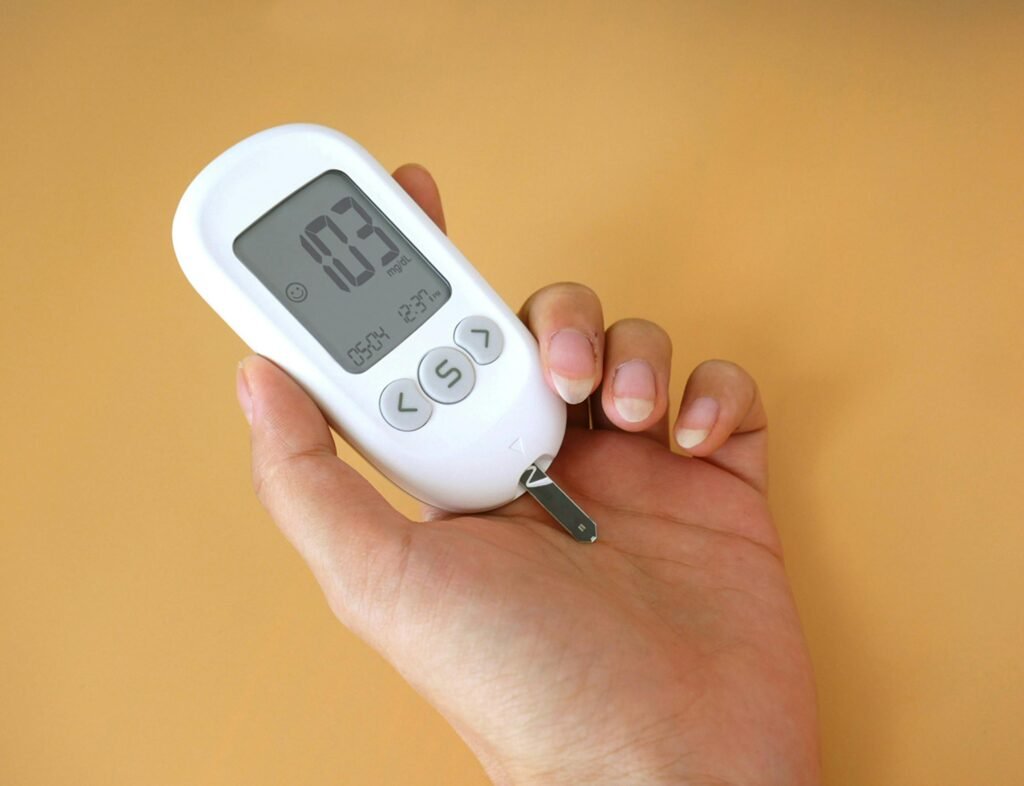Myo-inositol and D-chiro-inositol are inositol forms renowned for their potential benefits in reproductive health, insulin sensitivity, and mood stabilization. This blog explores the latest unbiased clinical evidence on these compounds, focusing on their mechanisms of action, effective dosages for specific health conditions, and potential risks associated with use.
What Are Myo-Inositol and D-Chiro-Inositol?
Inositols are naturally occurring compounds related to the B-vitamin group, playing a crucial role in cell signaling and insulin regulation [1, 2]. Myo-inositol is the most abundant form, while D-chiro-inositol works closely with it to balance key metabolic processes. These inositols are frequently combined in supplements for enhanced therapeutic effects. Naturally occurring sources of inositol include: fruits, whole grains and cereals, legumes, nuts and seeds, vegetables, meats, poultry and fermented foods.
Mechanism of Action: How Myo- and D-Chiro-Inositol Work in the Body
Insulin Sensitivity and Metabolic Health
Both myo- and D-chiro-inositol act as insulin sensitizers, aiding in the regulation of glucose by improving cellular glucose uptake and reducing insulin resistance. Myo-inositol primarily supports ovarian function and follicle health, while D-chiro-inositol enhances insulin signaling by promoting glucose storage and reducing androgen levels, especially beneficial in conditions like polycystic ovary syndrome (PCOS) [3, 4].
Myo-Inositol:
Functions as a second messenger in insulin pathways, supporting glucose metabolism in muscle cells. It also helps regulate cellular communication, particularly in brain cells, which may account for its positive effects on mood and stress response [3, 5].
D-Chiro-Inositol:
In addition to its role in glucose metabolism, it plays a part in lipid storage, which can reduce circulating androgens, a common concern in PCOS [4].
Health Benefits of Myo- and D-Chiro-Inositol
1. Polycystic Ovary Syndrome (PCOS)
Myo- and D-chiro-inositol are among the best-researched supplements for PCOS management. They are often recommended in a 40:1 ratio (myo to D-chiro) to mimic their natural presence in the body. This combination has shown positive effects on ovarian function, reducing testosterone levels, improving menstrual regularity, and enhancing insulin sensitivity [3, 4]. Studies have shown that myo-inositol supplementation can enhance oocyte quality in women undergoing assisted reproductive techniques, such as IVF. Higher oocyte quality is linked to improved embryo quality, which is essential for successful implantation and pregnancy.
- Dosage: The 40:1 ratio, typically 2000 mg myo-inositol with 50 mg D-chiro-inositol twice daily, is effective for PCOS [3].
- Mechanism: This ratio helps restore normal ovarian function and supports insulin signaling, which can decrease hyperandrogenism and improve fertility in PCOS patients [4, 5].

2. Gestational Diabetes
Myo-inositol shows promise in preventing gestational diabetes due to its impact on insulin sensitivity. Studies indicate that supplementation can help lower fasting glucose and postprandial blood sugar levels in pregnant women at risk of gestational diabetes [6].
- Dosage: 2000 mg of myo-inositol twice daily during pregnancy has been shown to reduce the risk of gestational diabetes [6].
- Mechanism: Myo-inositol enhances glucose uptake and stabilizes blood sugar levels, which is beneficial for both maternal and fetal health [4].


3. Mental Health and Mood Stabilization
Myo-inositol has been studied for its effects on mental health, particularly for reducing symptoms of anxiety and depression. It acts as a precursor to neurotransmitters involved in mood regulation, such as serotonin. Though D-chiro-inositol’s role in mental health is less defined, myo-inositol has shown encouraging results [5].
- Dosage: For mood support, 12-18 grams of myo-inositol per day has been used in research. Lower doses may be effective but are not yet fully established [5].
- Mechanism: Myo-inositol may help rebalance serotonin receptors and enhance cellular communication, potentially benefiting mood disorders [1, 5].

Dosage Recommendations
| Condition | Myo-Inositol Dose | D-Chiro-Inositol Dose | Notes |
|---|---|---|---|
| PCOS | 2000 mg twice daily | 50 mg twice daily | 40:1 ratio recommended for hormonal balance and insulin sensitivity [3]. |
| Gestational Diabetes | 2000 mg twice daily | Not typically used | Supports insulin sensitivity without added D-chiro [6]. |
| Anxiety and Depression | 12-18 g per day (myo-inositol) | Not typically used | High doses for mood may exceed typical PCOS doses [5]. |
Potential Risks and Side Effects
While myo- and D-chiro-inositol are generally well tolerated, some potential side effects and risks exist, particularly at higher doses:
- Gastrointestinal Symptoms: Common side effects at higher doses include nausea, flatulence, and mild digestive discomfort.
- Reduced Efficacy in Certain Cases: Higher doses of D-chiro-inositol may reduce oocyte quality in women with PCOS. Balancing the myo-inositol and D-chiro-inositol ratio is critical for optimal benefits [3, 4].
- Low Blood Sugar: As insulin sensitizers, these inositols may reduce blood sugar levels. Individuals with hypoglycemia or those taking insulin should monitor blood sugar closely to avoid potential complications.
Final Thoughts
Myo- and D-chiro-inositol have established their roles as valuable supplements for insulin sensitivity, hormonal balance, and mental health. A tailored dosage, typically in a 40:1 ratio, provides effective relief for women with PCOS while showing potential benefits for pregnancy-related and mental health applications. However, adherence to recommended dosages and ratios is essential to avoid adverse effects.
In summary, myo- and D-chiro-inositol continue to garner attention in clinical research as natural, effective options for managing specific metabolic and reproductive health concerns. Their unique mechanisms, coupled with a well-supported safety profile, make them promising additions to holistic health routines for many.
References
- Spate. Market Trends in 2024. NutraIngredients-USA. Available from: https://www.nutraingredients-usa.com/
- Glimpse. Top Vitamin & Supplement Trends 2024. Available from: https://meetglimpse.com
- Nestler JE, Jakubowicz DJ, Reamer P, Gunn RD, Allan G. Ovulatory and metabolic effects of D-chiro-inositol in the polycystic ovary syndrome. N Engl J Med. 1999;340(17):1314-20.
- Pundir J, Charles D, Sabatini L, Barnes I, Wijeyaratne CN. Inositol treatment of anovulation in women with polycystic ovary syndrome: a meta-analysis of randomised trials. BJOG. 2018;125(3):299-308.
- Dinicola S, Minini M, Unfer V, Verna R, Cucina A, Bizzarri M. Nutritional and acquired deficiencies in inositol bioavailability. Correlations with metabolic disorders. Int J Mol Sci. 2017;18(10):2187.
- Corrado F, D’Anna R, Di Vieste G, Giordano D, Pintaudi B, Santamaria A, et al. The effect of myo-inositol supplementation on insulin resistance in patients with gestational diabetes. Diabet Med. 2011;28(8):972-5.
Ready to Start Your Website? Hostinger Makes It Easy!
Looking to launch a website for your business, blog, or personal brand? Hostinger offers affordable, fast, and reliable hosting plans designed to fit any budget. With Hostinger, you get:
- 24/7 Customer Support: Experts are ready to help whenever you need it.
- Lightning-Fast Speeds: Get a website that loads quickly for visitors.
- Free Domain & SSL: Secure your site and look professional from day one.
- Easy Website Builder: Perfect for beginners, so you can build your dream site without coding.
And the best part? https://hostinger.com?REFERRALCODE=1ANNA23 at checkout to get an exclusive discount on your subscription! Don’t miss out on this chance to kickstart your online presence with Hostinger’s trusted platform.



